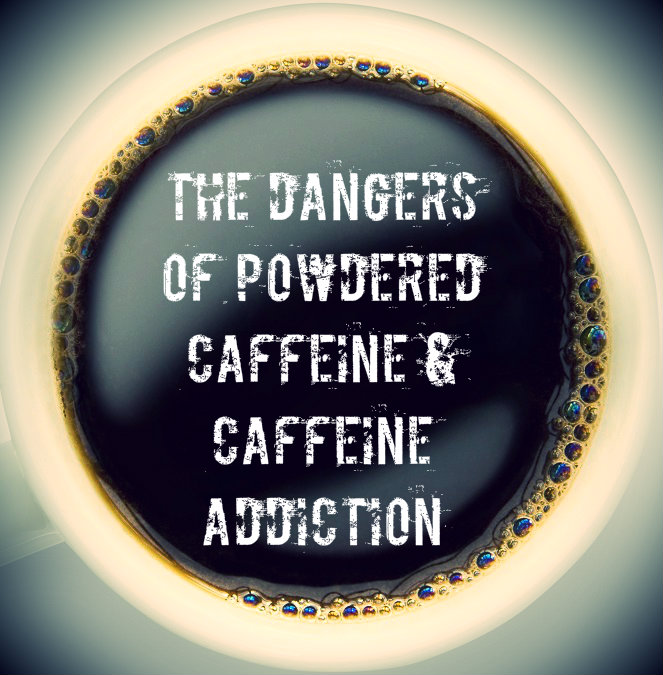Everything about Treatment for Caffeine Dependence - Full Text View - Clinical

Some Known Factual Statements About 10 Ways to Start Your Day Without Caffeine - Sleep Center
Tiredness. Problem concentrating. Queasiness. Muscle pain. Irritability. In basic, the more caffeine you are utilized to consuming, the more serious the withdrawal signs are likely to be. Signs of withdrawal start 12 to 24 hours after the last caffeine intake and can last 2 to nine days. Caffeine can be an useful tool for an adult who requires assistance awaken and concentrating.
Do not utilize caffeine too much or you might become reliant or have insomnia or headaches. Otherwise, enjoy that coffee or chocolate!.
Caffeine is a natural Stimulant discovered in coffee, tea, energy beverages, sodas, non-prescription medications, and weight-loss aids. It is the most commonly used Psychoactive drug in the world and has physically and mentally addictive qualities. Caffeine Addiction Alternatives is even acknowledged as a medical condition by the American Psychiatric Association (APA).
The Ultimate Guide To Caffeine Addiction - List of High Impact Articles - PPts - Journals
Aid is out there Reach out to a dedicated treatment provider and learn how you can create the life you desire. ideal Results Of Caffeine Light to moderate consumption is thought about safe and might even supply some health benefits, such as increased alertness and less signs of anxiety. On the other hand, Caffeine functions as a Central Nervous System (CNS) Stimulant that straight affects brain cells and can cause lots of unfavorable adverse effects.
Its effects can last between three and 9 hours, depending on the amount consumed. The chemical structure of Caffeine looks like that of a particle called adenosine, which has a relaxing result on the brain and can trigger tiredness. When consumed, Caffeine fits into adenosine receptors in the brain, obstructing them and avoiding adenosine from binding to them.

Caffeine Addiction And The Dangers Of Powdered Caffeine
250 to 300 mg of Caffeine a day is considered a moderate quantity. A typical 8-ounce cup of coffee contains around 100 mg, which is sufficient to increase alertness, concentration, and resting metabolic rate. Consuming more than 10 cups of coffee a day is thought about excessive and can result in Caffeine poisoning.


Experts Identify 9 Clinical Signs of Caffeine Addiction - Physician Sense
Not known Facts About Breaking Your Caffeine Habit - Sutter Health
Signs of overuse consist of: Uneasyness Flushed facial skin Increased urine production Gastrointestinal issues Irregular heart beat Muscle twitching and shaking Sleeping disorders Stress and anxiety If somebody suspects they have actually overdosed on Caffeine, they must call a local toxin control center to identify whether hospitalization is needed. Mixing alcohol with Caffeine can increase the potency of adverse effects from both and can trigger agitation.
